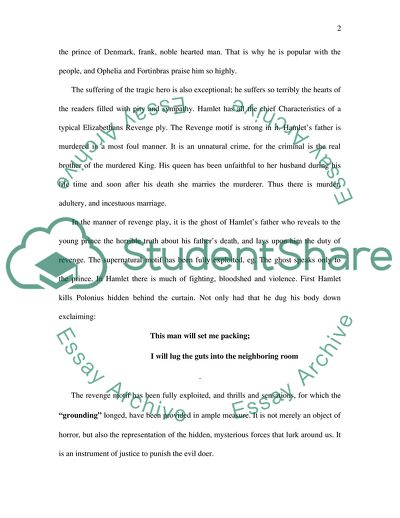Cite this document
(Features of Shakespeare's Tragic Vision Coursework - 1, n.d.)
Features of Shakespeare's Tragic Vision Coursework - 1. https://studentshare.org/history/1710830-shakespeares-tragic-vision
Features of Shakespeare's Tragic Vision Coursework - 1. https://studentshare.org/history/1710830-shakespeares-tragic-vision
(Features of Shakespeare'S Tragic Vision Coursework - 1)
Features of Shakespeare'S Tragic Vision Coursework - 1. https://studentshare.org/history/1710830-shakespeares-tragic-vision.
Features of Shakespeare'S Tragic Vision Coursework - 1. https://studentshare.org/history/1710830-shakespeares-tragic-vision.
“Features of Shakespeare'S Tragic Vision Coursework - 1”. https://studentshare.org/history/1710830-shakespeares-tragic-vision.


